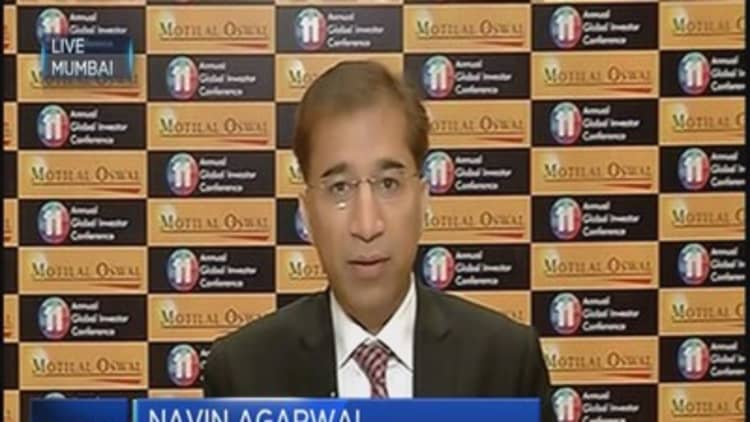No one said it would be easy for Indian Prime Minister Narendra Modi to push through the hard-hitting reforms needed to improve the country's business climate, but the last two weeks underscore just how arduous a task it is.
Since late August, three key reform bills intended to make it easier to do business in Asia's third economy have hit major roadblocks.
On September 9, Finance Minister Arun Jaitley announced the government had abandoned a plan to call a special session of parliament to secure approval for the implementation of a goods and services tax (GST) because it lacks political support.
The government had set an April 2016 deadline for rolling out the GST, which seeks to streamline India's tax administration by replacing a myriad of complex taxes charged by the 29 states with a uniform nationwide levy. Economists estimate that could add up to 2 percentage points to gross domestic product, according to Reuters.
This setback comes a week after fierce protests erupted across the country against Modi's plans to overhaul India's stringent labor laws in order to give companies greater flexibility in hiring and firing employees.
On September 2, ten major unions – representing a wide range of sectors, from banking to coal mining - called a nationwide strike over the government's "anti-labor" policies.
Read MoreThree reasons why investors remain confident on India
And this wasn't it. Just days before, Modi accepted defeat on the highly controversial land acquisition bill that would make it easier for businesses to buy farm land for infrastructure and industrial projects.
Modi has had to issue temporary executive orders in the past seven months to make it easier to buy land for projects after failing to secure sufficient support in parliament. Opponents of the bill argue it will hurt the interests of farmers, while the government says it's required for economic development.
On August 28, he allowed the executive order to lapse and said that he was ready to amend the proposed law.

Reforms on the tax, land and labor front are all seen as important catalysts for attracting much-needed foreign investment into the country.
India currently ranks 142 out of 189 countries in the World Bank's ease of doing business index, well behind China in the 90th spot.
The economy grew by a slower-than-expected 7 percent in the April-June quarter, down from 7.5 percent in the previous three months.
Economists stress that India needs to speed up its domestic reform agenda in order to unlock its full growth potential.


